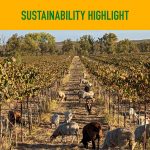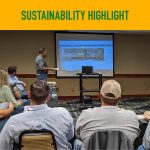At AgIS Capital, we believe two of our strongest differentiating characteristics are the high levels of commitment our people demonstrate to their work and professions and the degree to which they invest themselves in serving and representing the interests of our clients and contributing in their communities. To acknowledge their importance to our business, and the value they add for our investors and society, we periodically profile members of our team and their community-related activities.
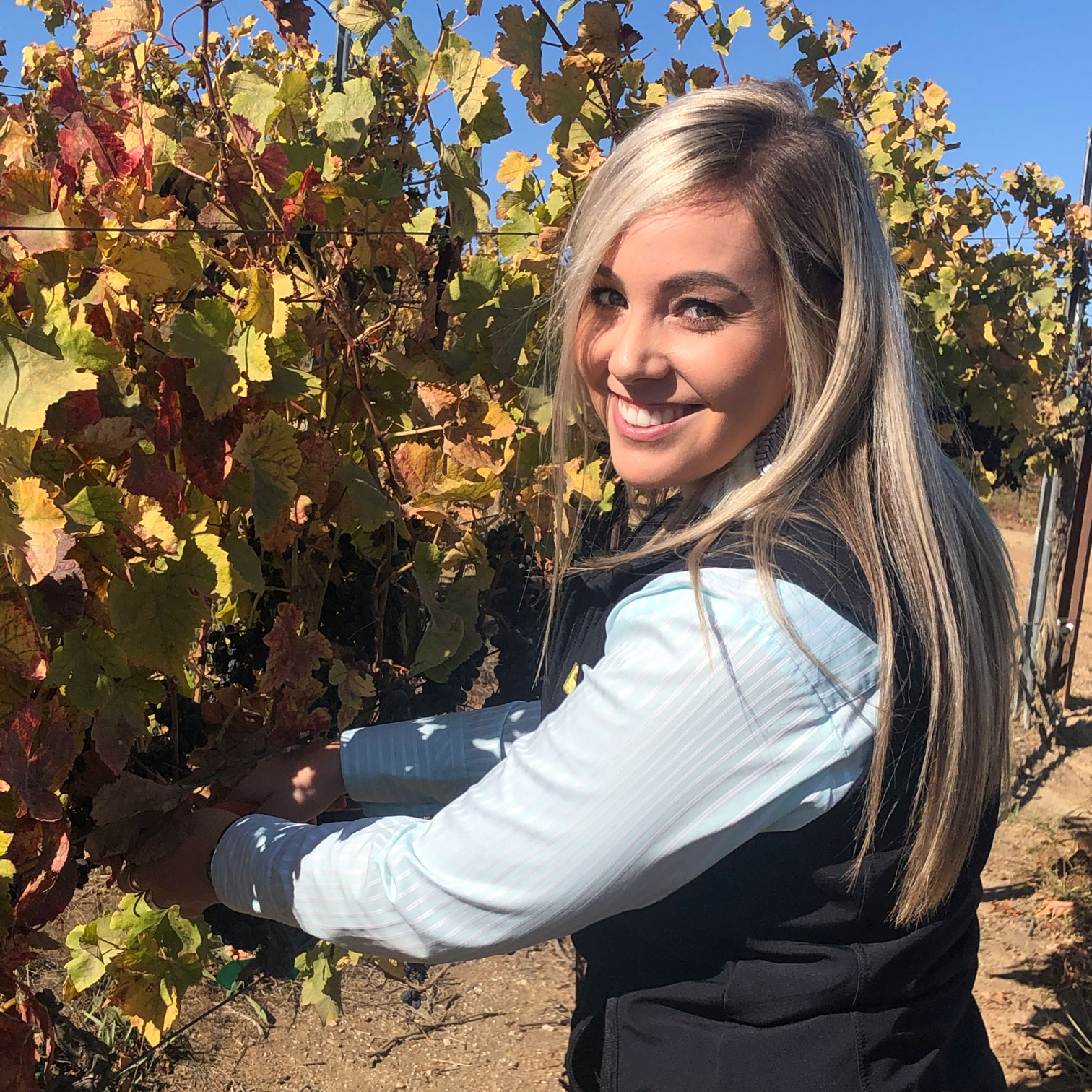
Based at our Turlock, California office, Sarah Baskins plays a key role in helping us manage our clients’ farm assets – developing operational management plans and conducting financial analyses of their current and projected performance. She has been with AgIS Capital since 2019 and, in addition to being a valuable contributor to our farm operations team, she also contributes significantly in the farm community of California’s Central Valley. She frequently speaks and advocates for supportive farm policies and promotes careers in agriculture by serving as an instructor of agricultural business at Merced Community College.
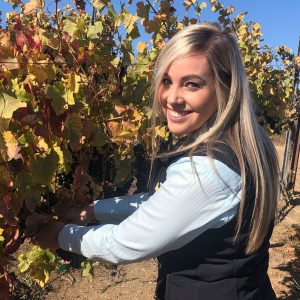
Based at our Turlock, California office, Sarah Baskins plays a key role in helping us manage our clients’ farm assets – developing operational management plans and conducting financial analyses of their current and projected performance. She has been with AgIS Capital since 2019 and, in addition to being a valuable contributor to our farm operations team, she also contributes significantly in the farm community of California’s Central Valley. She frequently speaks and advocates for supportive farm policies and promotes careers in agriculture by serving as an instructor of agricultural business at Merced Community College.
Our Conversation with Sarah
What was it like growing up in the Central Valley and around farming?
Sarah: Obviously, agriculture drives the local economy and culture of this region so if you grow up here it is hard to escape its influence. Like a lot of other families who live in this area, we farm our land to produce crops for our own use. We also have livestock for recreational enjoyment. We grow almonds and peaches and raise cattle. This is part of a family legacy that goes back to my maternal grandfather, Herman. He passed before I was born, but he had a strong connection to farming and the land and we still feel his influence through stories my grandmother and mother share about him. In fact, it was this family connection with farming that had the greatest influence on my developing an interest in agriculture. Over time, my views and interests were shaped by the stories I heard about Grandpa Herman’s character and work ethic. It is almost as if his passion lived within my family, and I felt a desire to carry that on.
How did you decide to pursue a career in agriculture?
Sarah: I am the youngest of six children and I just loved farming and agriculture from an early age. As a young girl, I participated in 4-H and was a member of the Future Farmers of America (FFA), but I also enjoyed playing sports, hunting and many other outdoor pursuits. Interestingly, my mom, aunts and sisters work as nurses and I think I could have pursued a healthcare career, too. I just I felt I needed to strike out in a different direction and working in agriculture felt like a great fit. I first went to Merced Community College to get an associate’s degree in agricultural business. I then earned my bachelor’s degree in agricultural economics at the California State University at Stanislaus. After that, I went to California State Baptist University to get an MBA. The whole progression just started with my interest in the sector and a desire to understand both the operational and business aspects of agriculture.
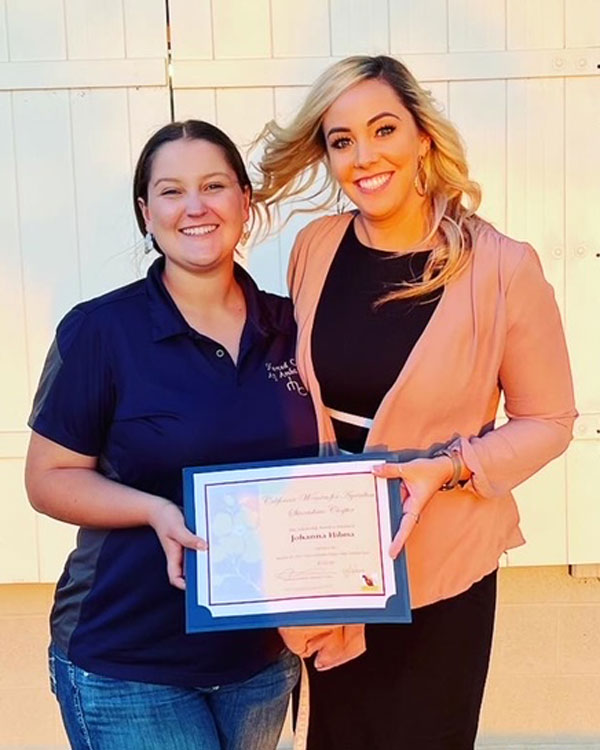
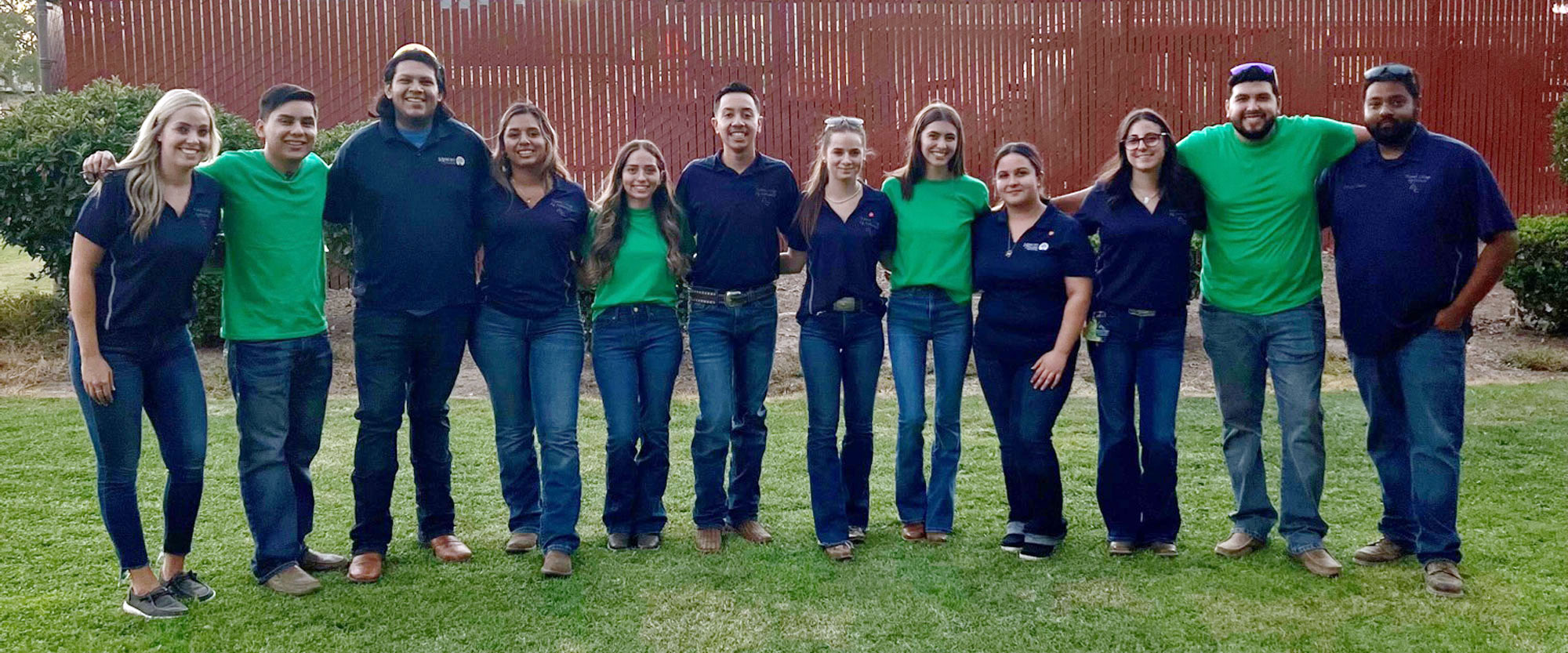
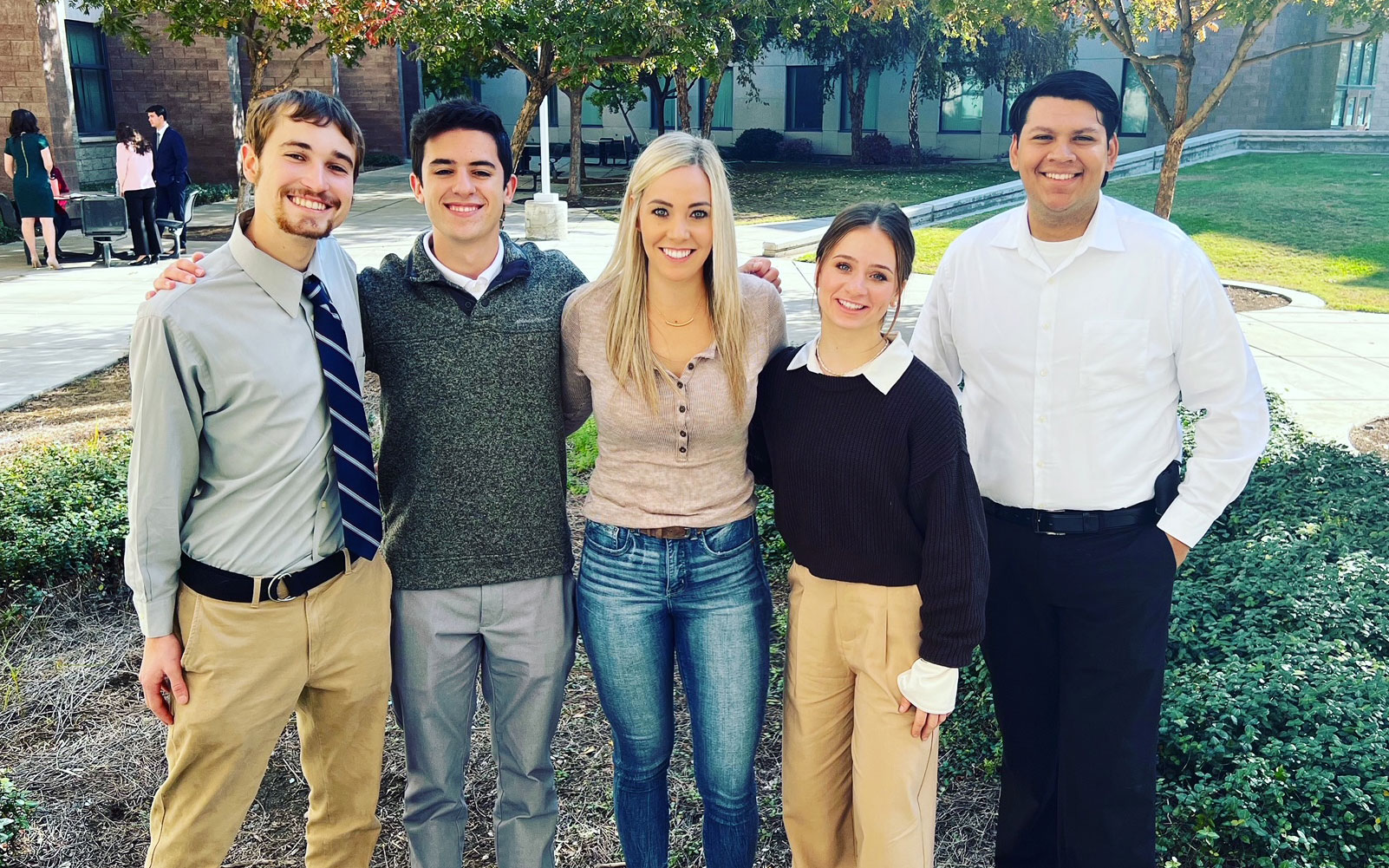

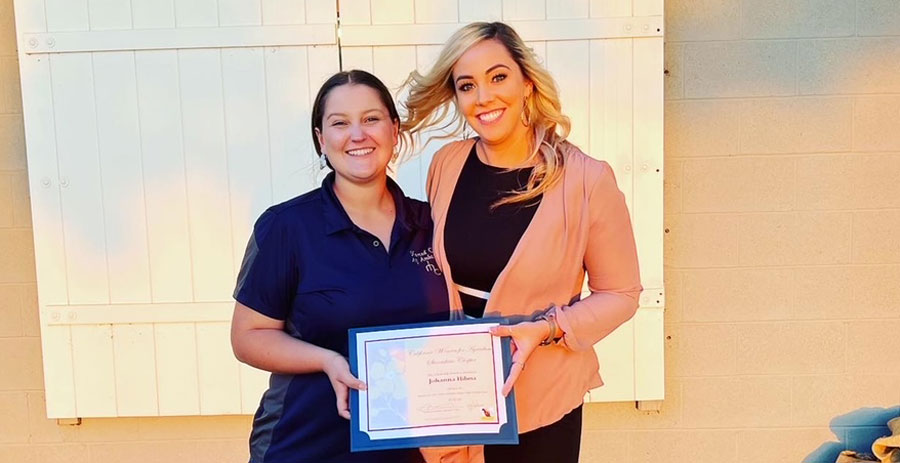
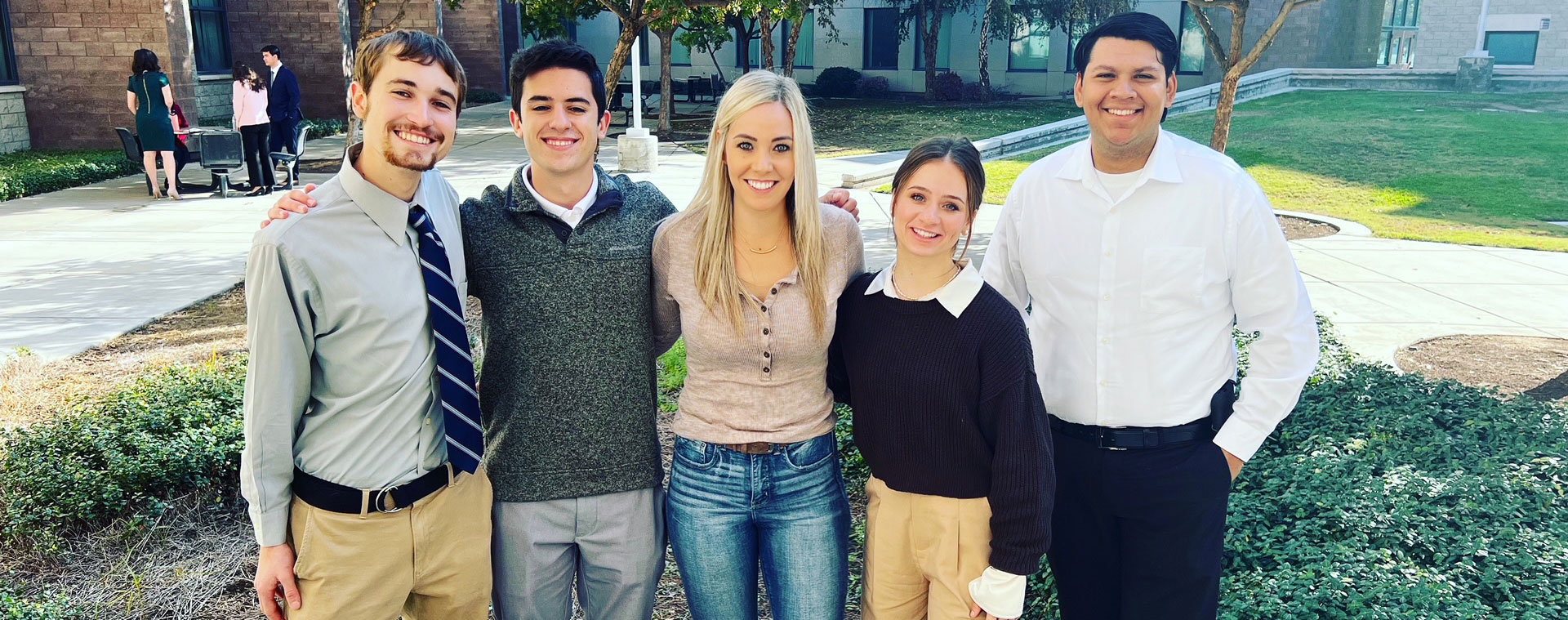
You now teach in the agricultural business program at Merced Community College. How did that come about?
Sarah: My experience as a student at Merced was very positive and I just wanted to give something back because I think the school plays an important role in our community. Community college is often the first stop for students who have not quite figured out what they want to do with their lives. For those who cannot afford to go to a four-year college right after high school, it also is a place where they can begin their education at a reasonable cost. Because of where we are located, many of those who attend Merced come from families that are heavily involved in agriculture – and have been for generations. However, while these students may be very familiar with agribusiness, they often do not understand the array of career options that are available to them in the sector.

“When you can convey your optimism and enthusiasm to students, it can really fire their imaginations and provide them with the confidence to take the next steps.”

“I find my work at Merced very rewarding because when you can convey your optimism and enthusiasm to students, it can really fire their imaginations and provide them with the confidence to take the next steps.”
I see my job as an instructor as helping these students explore those options so they can better plan the next steps in their education. I try to provide them with the benefit of my experience and show them how to apply what they are learning to the opportunities the sector can offer them. I also try to help them understand agricultural economics, finance, marketing, farm operations and supply-chain management – and how these critical disciplines integrate. Finally, I emphasize the importance of business ethics and leadership and try to model those attributes and behaviors. I find my work at Merced very rewarding because when you can convey your optimism and enthusiasm to students, it can really fire their imaginations and provide them with the confidence to take the next steps. I have been very fortunate to have a lot of great mentors during my career. For example, Jeff Hillberg, our Vice President of Farm Operations, has been a big influence on me and I feel what I am doing now is re-paying the debts I have to people like him by playing the same role for others.
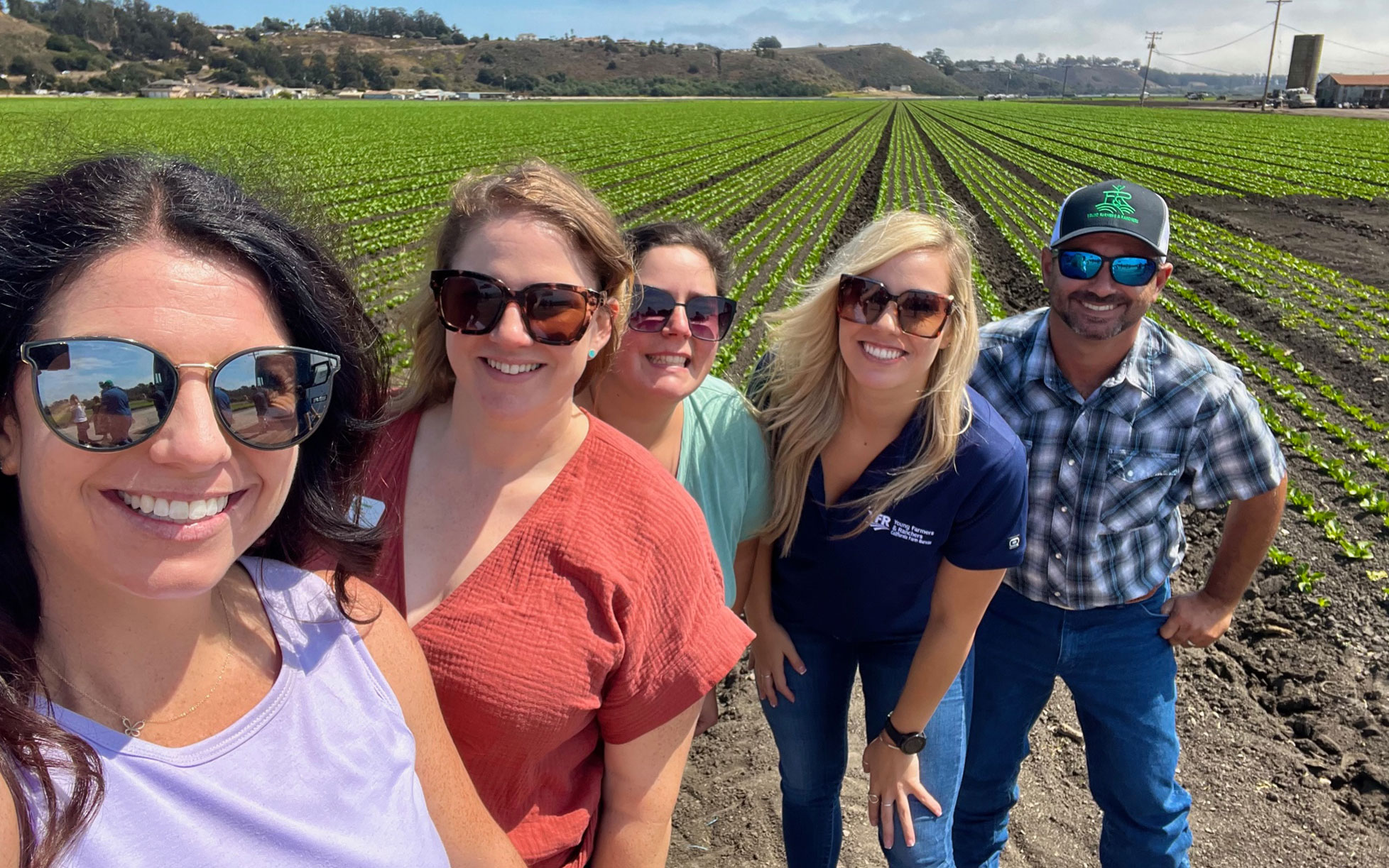
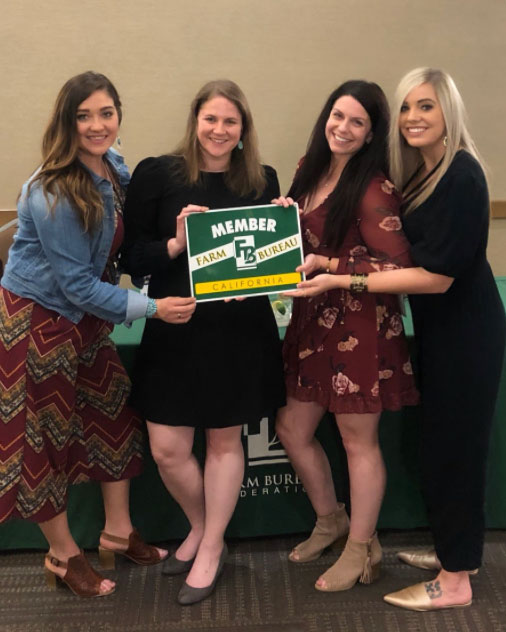
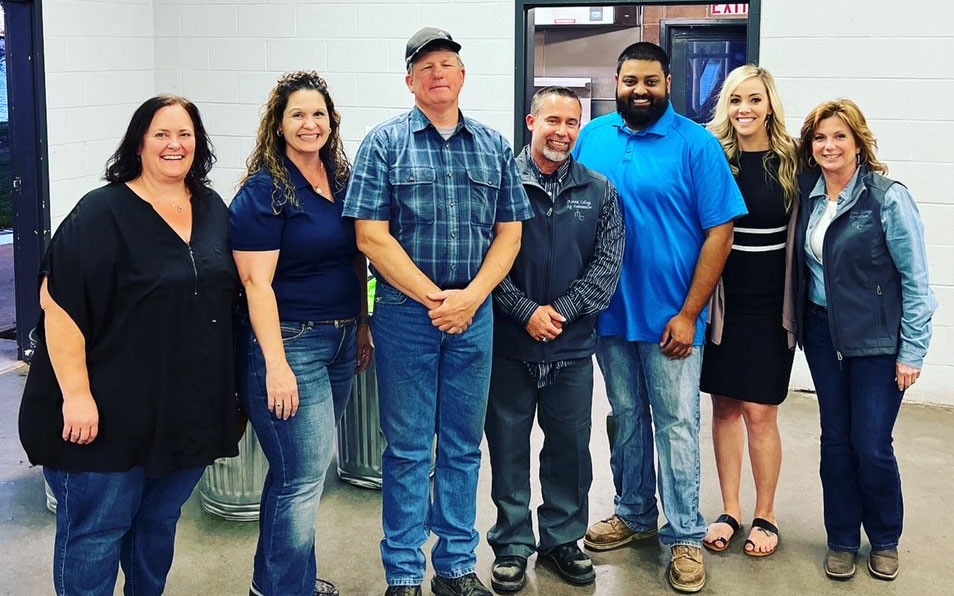

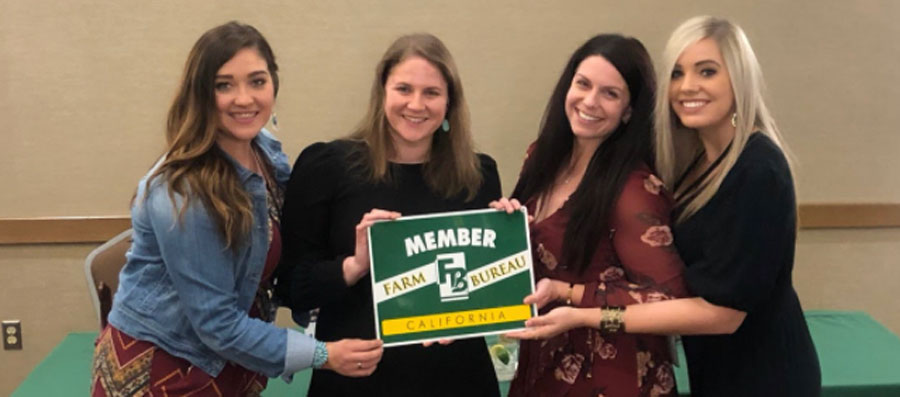

You also are involved and play a high-profile role on farm issues in the Central Valley. What does this entail?
Sarah: I sit on a variety of boards and chair various agricultural-related organizations and committees throughout Merced and Stanislaus counties. I am also active on the state level. I do this because it helps me learn and understand complex issues – including public policy and regulatory matters relating to things like water management, migrant labor, climate change, and the use of sustainable farming practices. These are among the big issues that are influencing the agricultural sector and the work we do here at AgIS Capital. I see this adding value in several ways. Perhaps most importantly, it enables me to network with other people and organizations that have valuable perspectives on these issues. I also believe these informal relationships can be very important for AgIS Capital and our clients because they provide us with access to information that helps us make better investment and farm management decisions. It also supports our ally development efforts when we need to advocate on behalf of our clients and other members of the sector. In short, I like being able to have a voice on issues of importance to the agricultural community – to help us tell our story – both because it affects the world in which I have chosen to work – and also because it can support our business and investment objectives as a company.

“I like being able to have a voice on issues of importance to the agricultural community.”

“I like being able to have a voice on issues of importance to the agricultural community.”
What is one thing people – current and prospective clients, for instance – might find most interesting about AgIS Capital and how you do business?
Sarah: Well, our team consists of some of the most experienced and most successful agricultural investment and farm operations specialists in world – and we work extremely well together. I learn a lot from my colleagues, and this has helped me grow professionally in ways I could not have imagined. However, there are two areas that I think are most impressive about our group. The first is how disciplined and detailed we are when it comes to sourcing and analyzing potential transactions. The second is the focus and commitment we demonstrate when we are managing those assets for our investment clients. Those who are not familiar with us would be surprised and impressed by the depth and comprehensiveness of our due diligence process. The steps we take to project and quantify risk and return, and to understand how and why an asset will create value – or potentially face headwinds – is like nothing I have ever seen in this sector.
What does the future look like for institutional investment in U.S. agriculture?
Sarah: I think more and more investors will want to include agricultural assets in their investment portfolios because of the asset class’s ability to provide diversification, hedge inflation, preserve capital, generate cash flow, and produce long-term asset appreciation. Personally, being from a farming family, I find myself in an interesting situation working for an institutional farmland investment manager. There is a lot of sentiment in the farm community that institutional investors are taking over the sector and forcing out family farmers. There is some truth to that because the competitive dynamics of the market favor those that can create and leverage operating and ownership economies of scale. However, I also recognize that institutional capital is driving innovation and productivity increases in the sector that will help us better feed the world in the future. It is also allowing us to make use of new and emerging sustainable farming technologies that are good for the environment and that position the agricultural sector to play a bigger and more influential role in our efforts to conserve energy and water and to meet the challenge of climate change. In short, institutional investors’ involvement in agriculture is a double-edged sword. Here at AgIS Capital, Carl Evers, our Vice President of Sustainability, understands these issues as well as anyone. I enjoy working with him on our sustainability initiatives because I think we are doing some very interesting projects. Sustainability is an essential part of everything we do because it can influence both asset risk and investment returns. Consequently, understanding our environmental impacts, the ways in which we can use innovation and technology to address them, and how this influences the short and long-term financial performance of the permanent crop holdings we oversee for our clients, are important dimensions of our business.
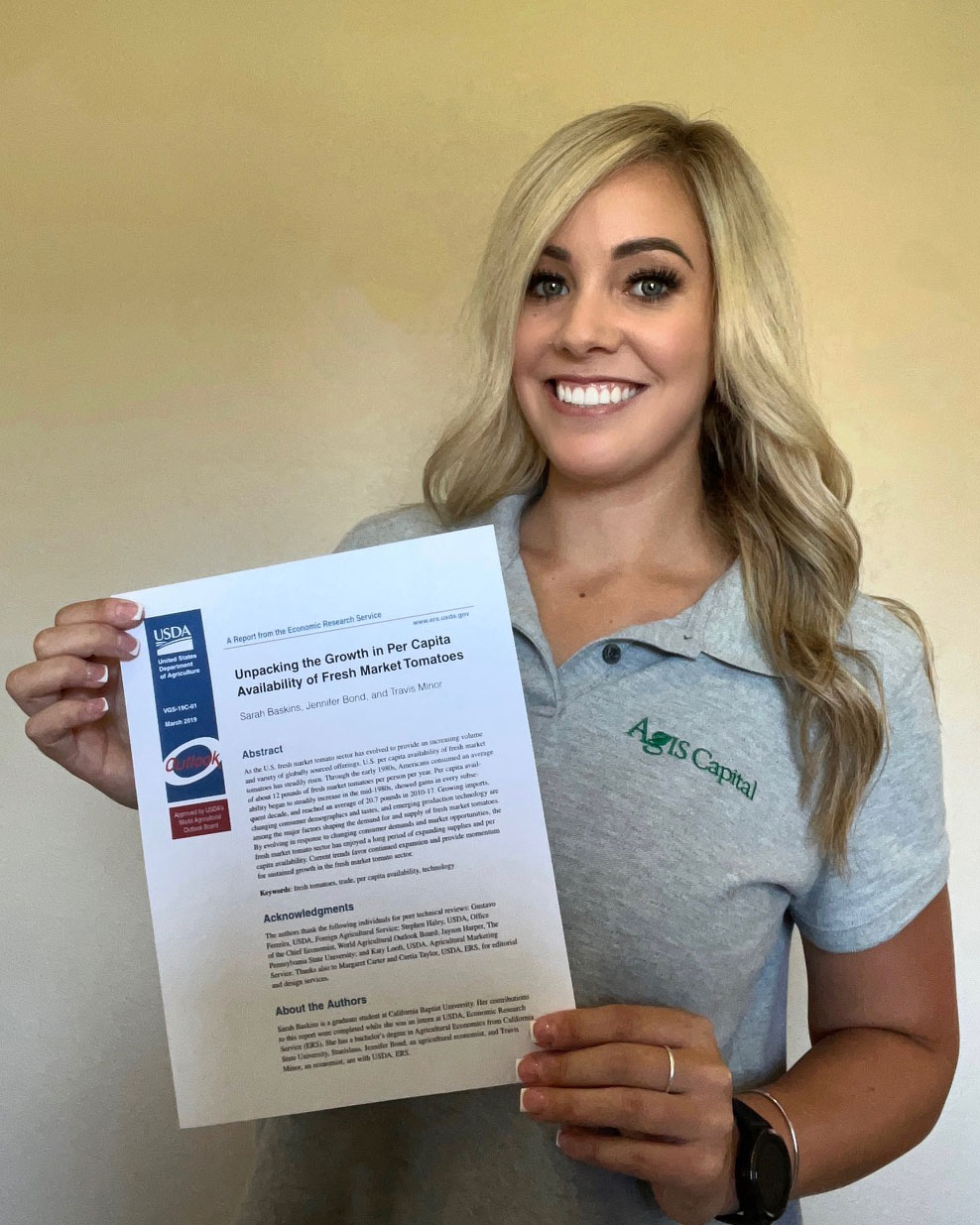
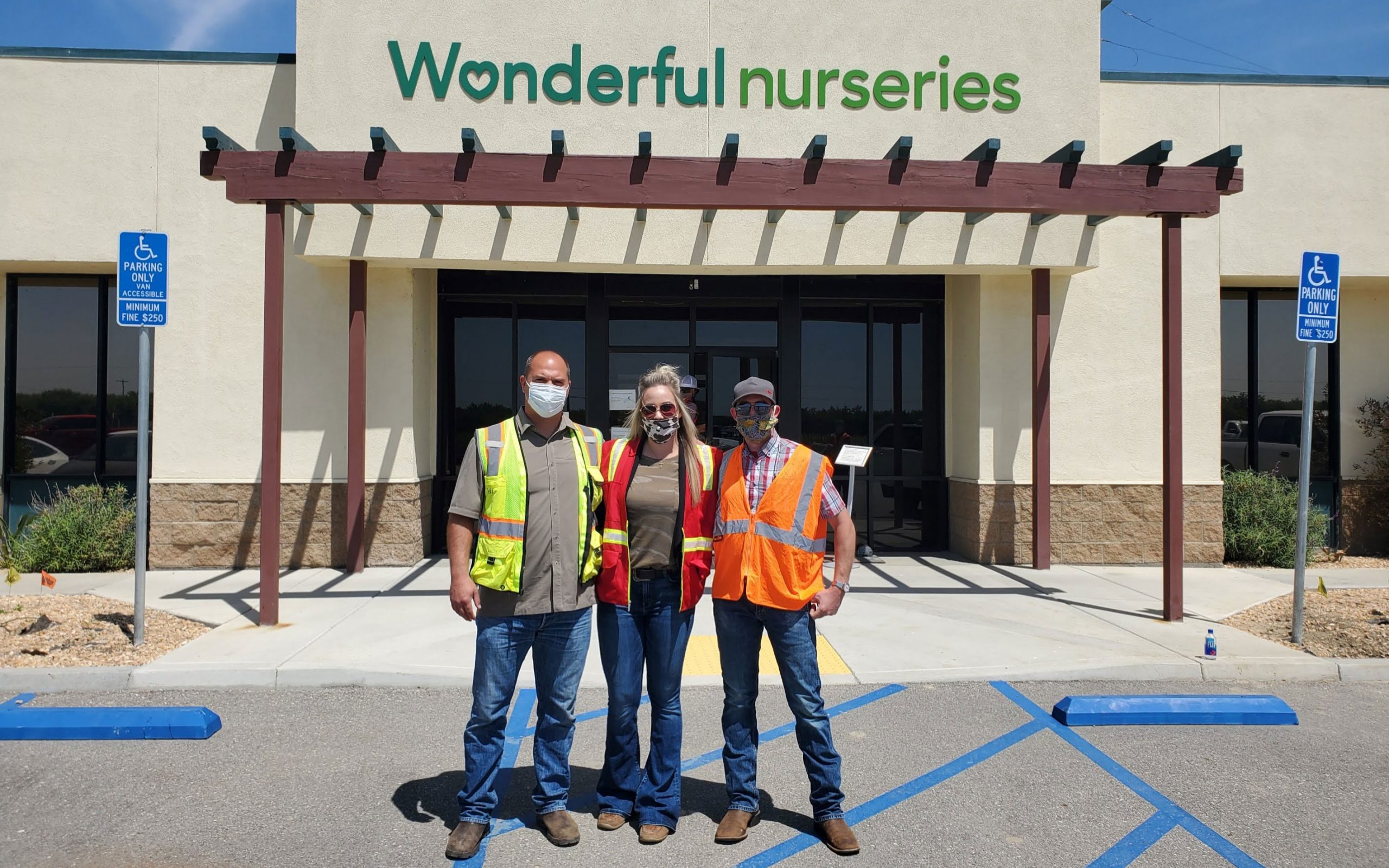
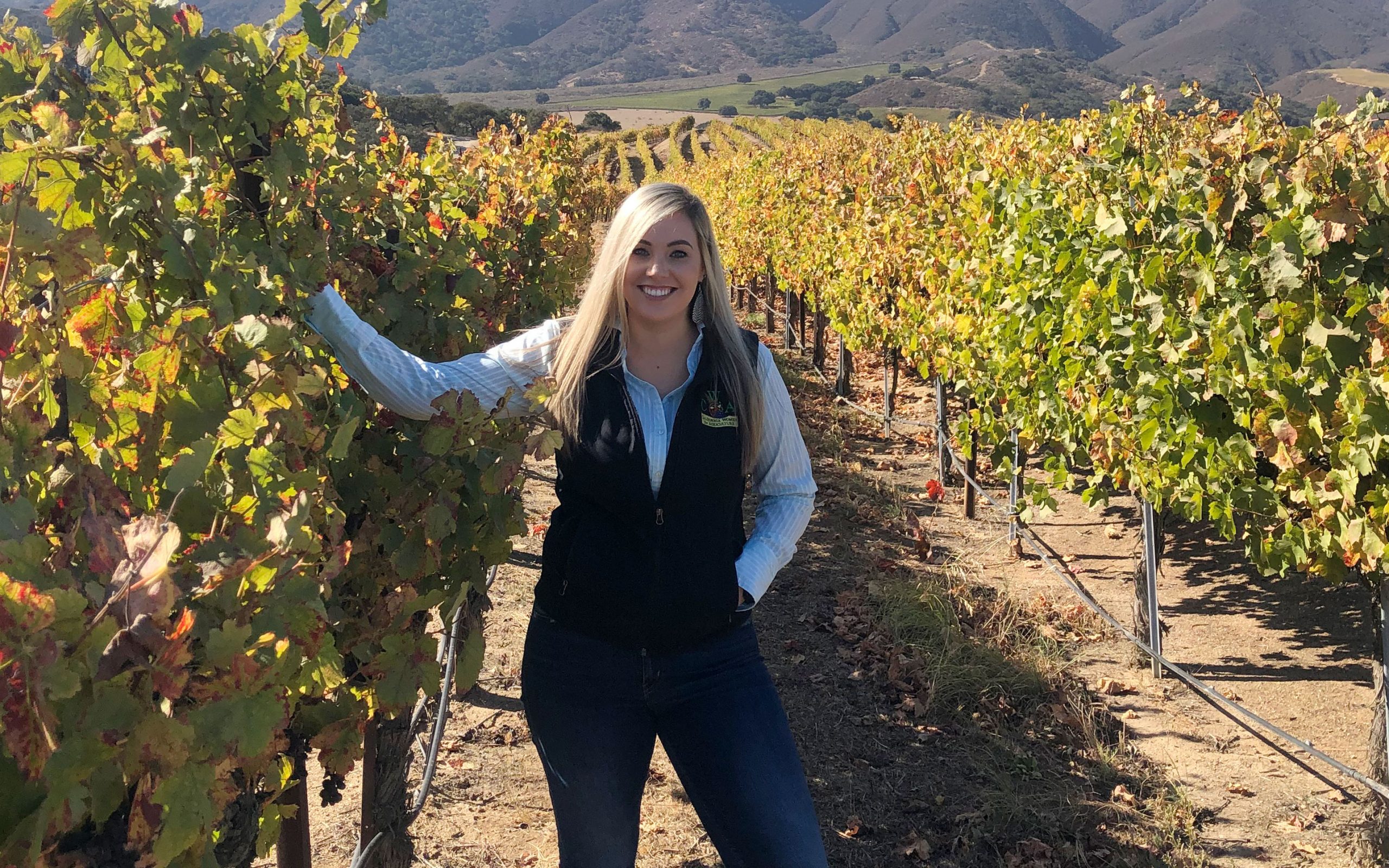
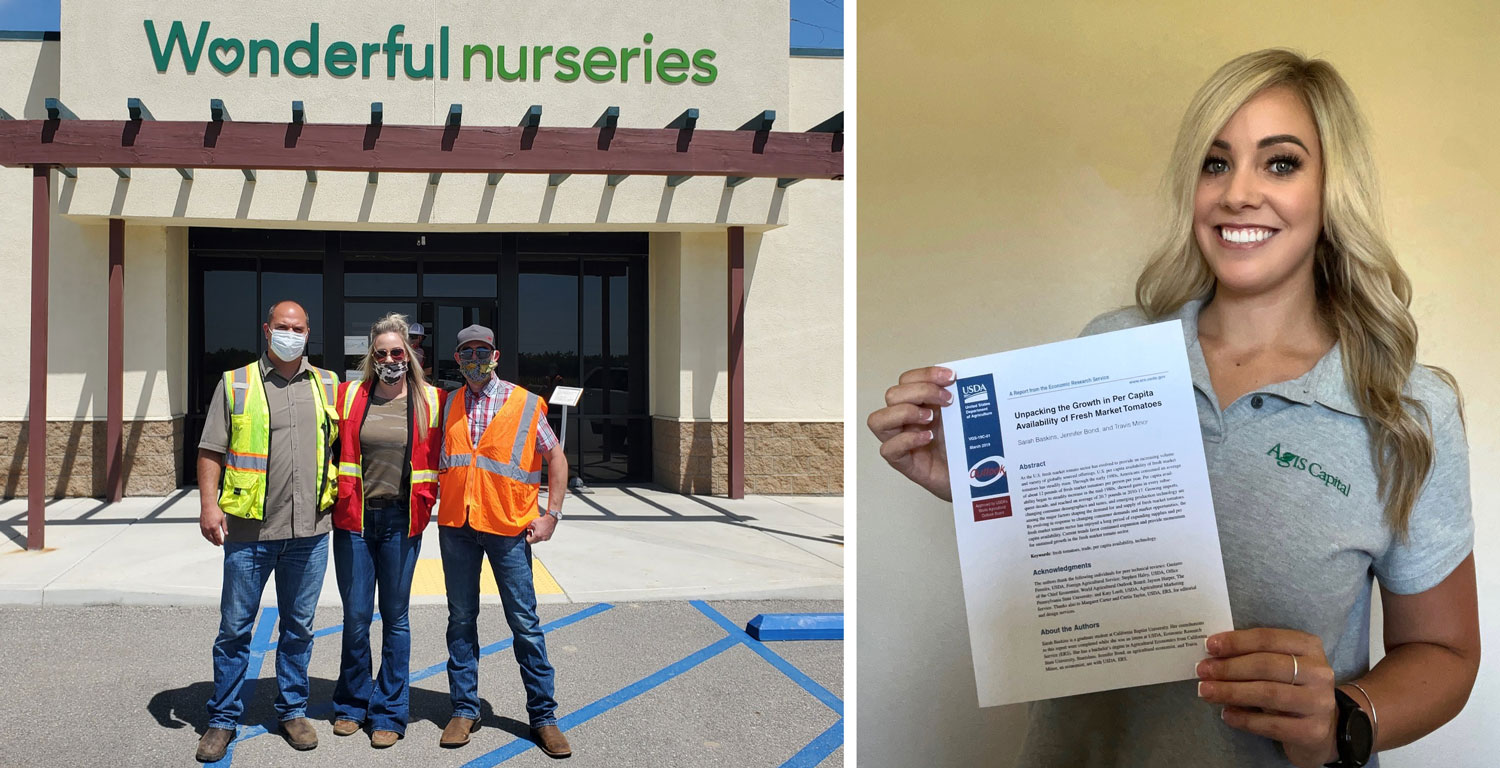

On that point, the issue of water in California is a big one – especially as it relates to the needs of both the agricultural community and the state’s urban and suburban centers and their capacity to have access to adequate supplies. How do you see this issue?
Sarah: It is, without question, a big issue. The bottom line is, we have to work together to protect and make good use of our water resources and to share them in ways that are responsible and equitable. Obviously, people and businesses in our major cities and population centers need access to water, but the agricultural community does, too. Part of what I try to do through my advocacy and public engagement efforts is educate regulators, public officials, and other concerned stakeholders about the water needs of our sector and how meeting them consistently contributes to the economy of the state and the quality of life all Californians enjoy. This is consistent with AgIS Capital’s position as a company. In the end, this is not a zero-sum game where there can be winners and losers. We need to find ways of ensuring that everyone’s water needs are met – and the only way we can do this is by working together and by being understanding and empathetic. That is how I try to operate and that is the approach we take as a company when we are working on water issues.




